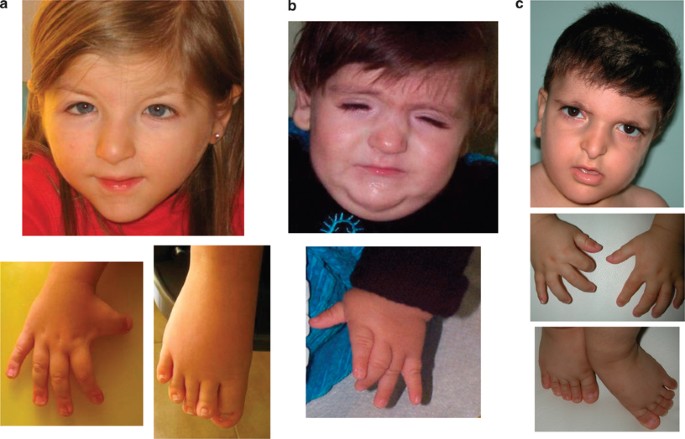First case report of inherited Rubinstein-Taybi syndrome
Por um escritor misterioso
Descrição
Background Rubinstein-Taybi syndrome (RSTS; OMIM #180849, #613684) is a rare autosomal dominant genetic condition characterized by broad thumbs and halluces, facial dysmorphism, short stature and variable degree of intellectual disability. RSTS is associated with mutations in CREBBP and EP300 genes in 50–60% and 5–8% of cases, respectively. The majority of cases are de novo heterozygous mutations. Case presentation Here we describe a familial RSTS case, associated with a novel EP300 mutation. The proband was a 9 years old female, with mild learning difficulties. Her mother, who also had learning difficulties, was found to have short and broad thumbs. MLPA and panel-based NGS of CREBBP and EP300 were performed. A novel heterozygous frameshift mutation in exon 31 of the EP300 gene (c.7222_7223del; p.(Gln2408Glufs*39)) was found in both. Conclusions This case represents the first case of inherited EP300-RSTS. The location of the frameshift deletion not affecting HAT domain and PHD finger, could explain the mild phenotype and the well-preserved intelligence. These patients are mildly affected, and this case highlights the possible missed diagnosis. We would recommend molecular testing of apparently healthy parents, and in the case of inherited mutations, of all adult first degree relatives at risk.

Figure 3 from Rubinstein-Taybi Syndrome: A Case Report

Rubinstein–Taybi syndrome in diverse populations - Tekendo

Rubenstein-Taybi syndrome, Psychology Wiki

Rubinstein-Taybi Syndrome: A case report

PDF) Case Report: Rubinstein-Taybi Syndrome

Molecular studies in 10 cases of Rubinstein-Taybi syndrome
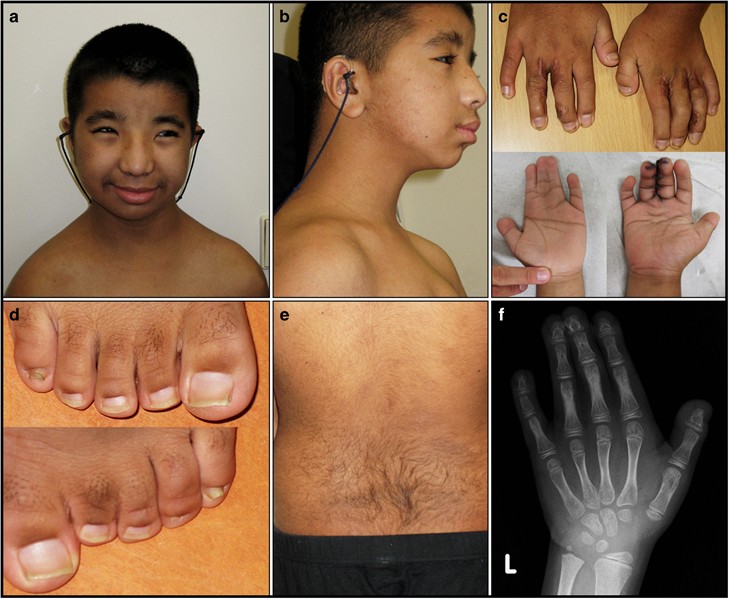
Mosaic CREBBP mutation causes overlapping clinical features of

Rubinstein–Taybi syndrome in diverse populations - Tekendo

Genetic heterogeneity in Rubinstein–Taybi syndrome: delineation of
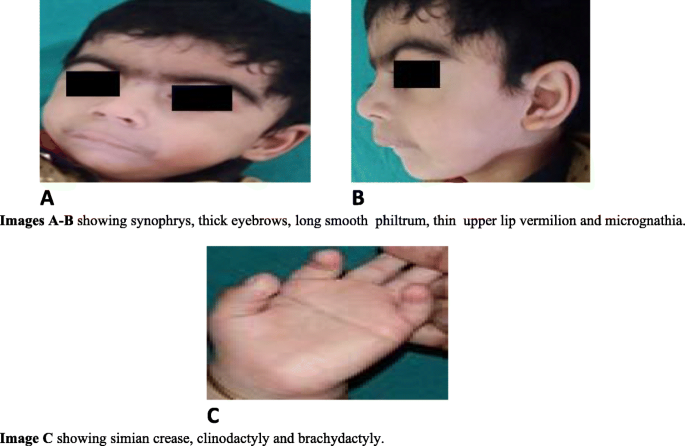
Classic Cornelia de Lange syndrome with variant of unknown
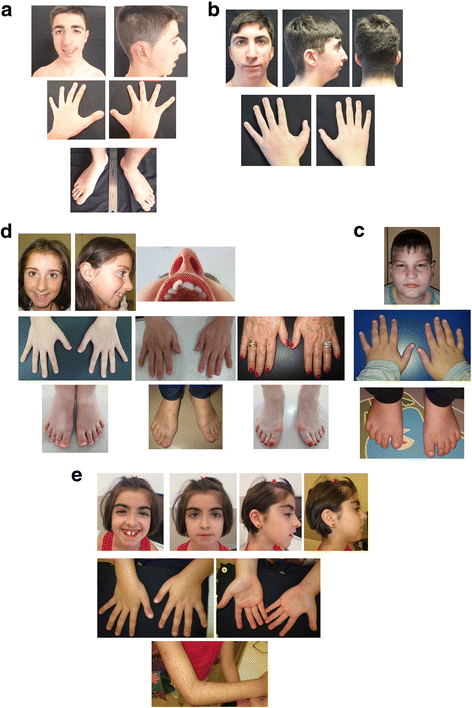
Rubinstein-Taybi 2 associated to novel EP300 mutations: deepening
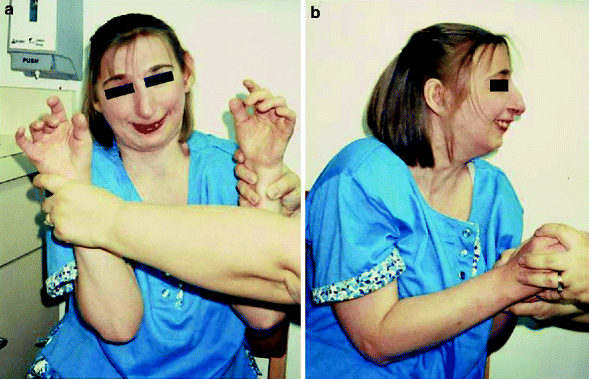
Rubinstein-Taybi Syndrome

Rubinstein-Taybi Syndrome

Epigenetic mechanisms of Rubinstein-Taybi syndrome. - Abstract

NGS in argininosuccinic aciduria detects a mutation (D145G) which
de
por adulto (o preço varia de acordo com o tamanho do grupo)



